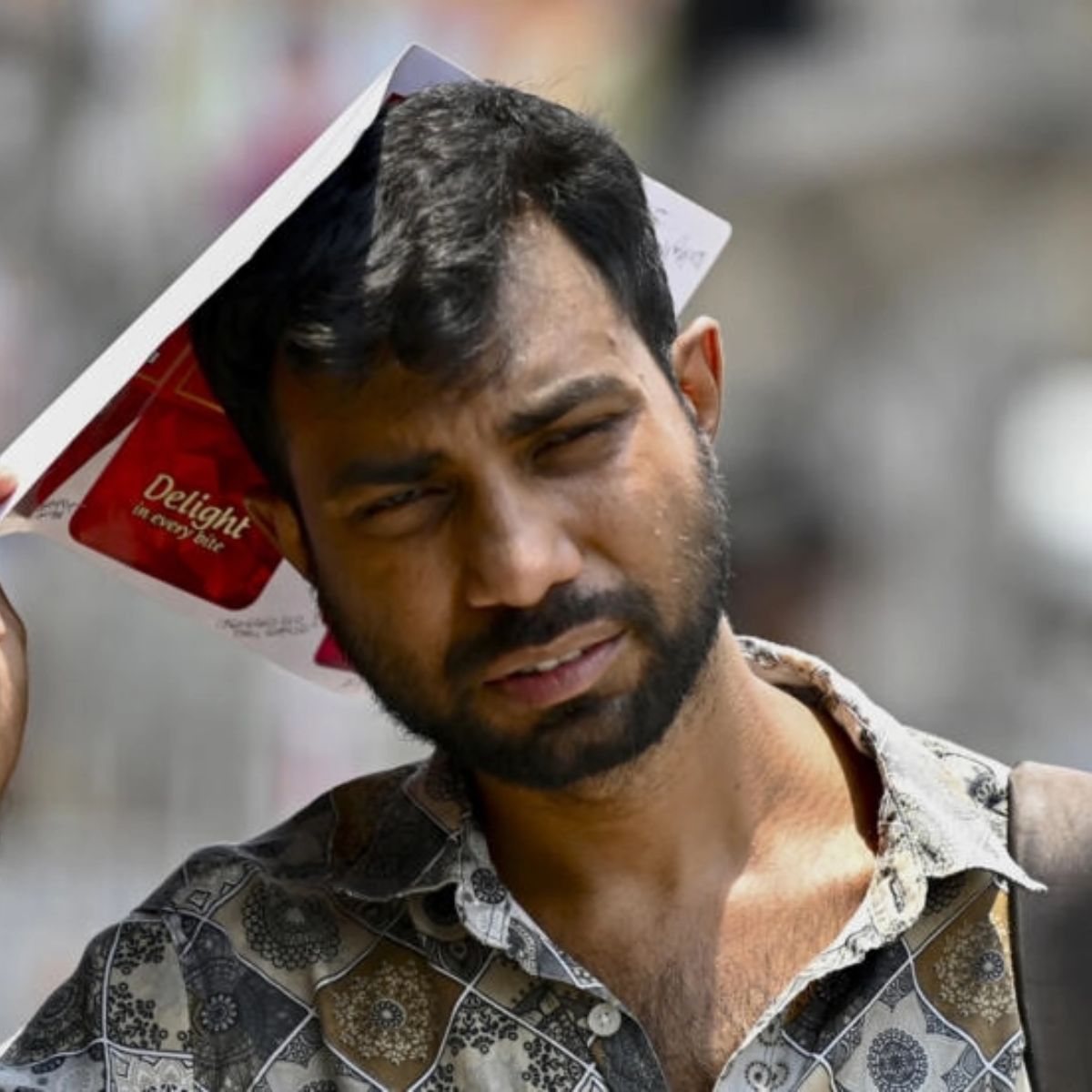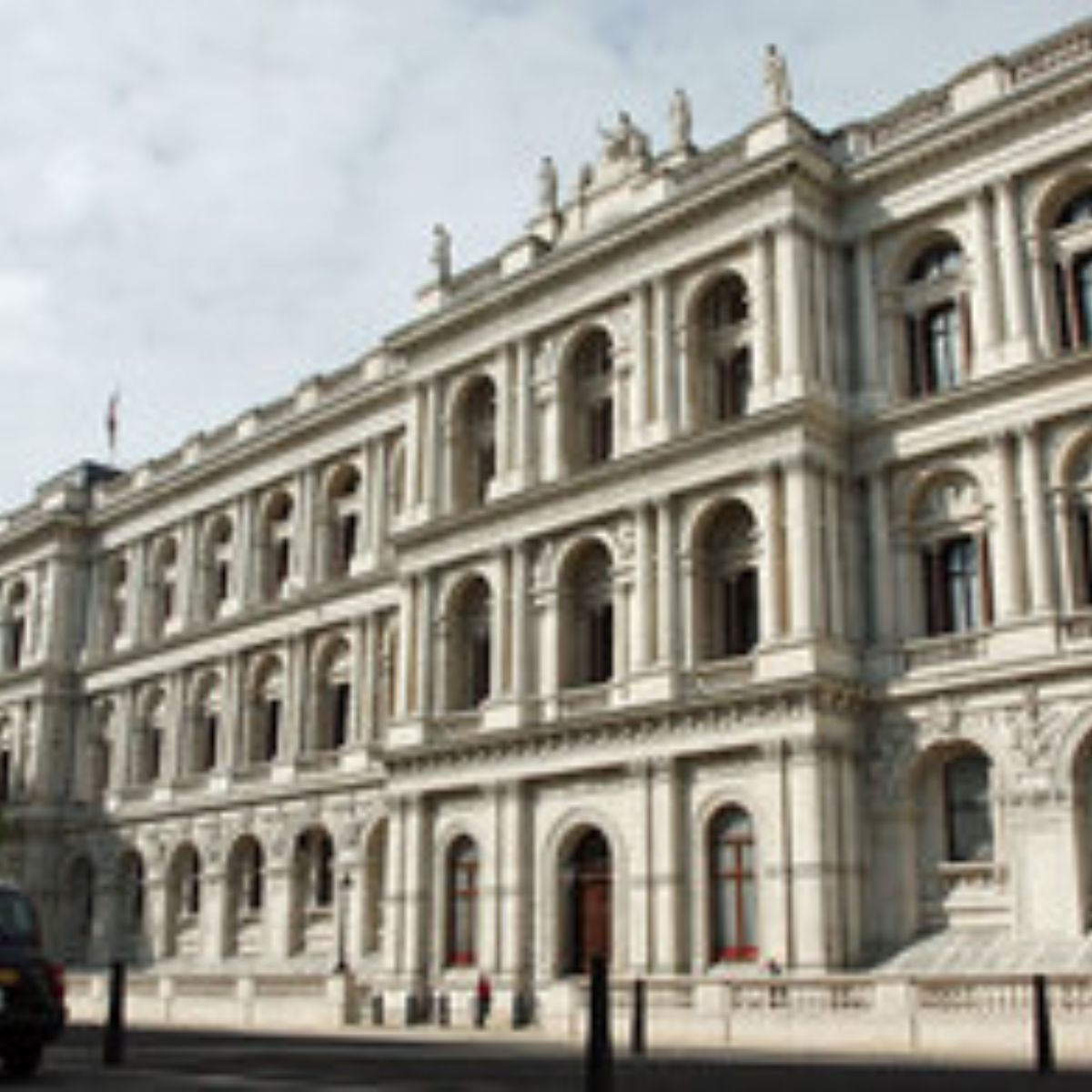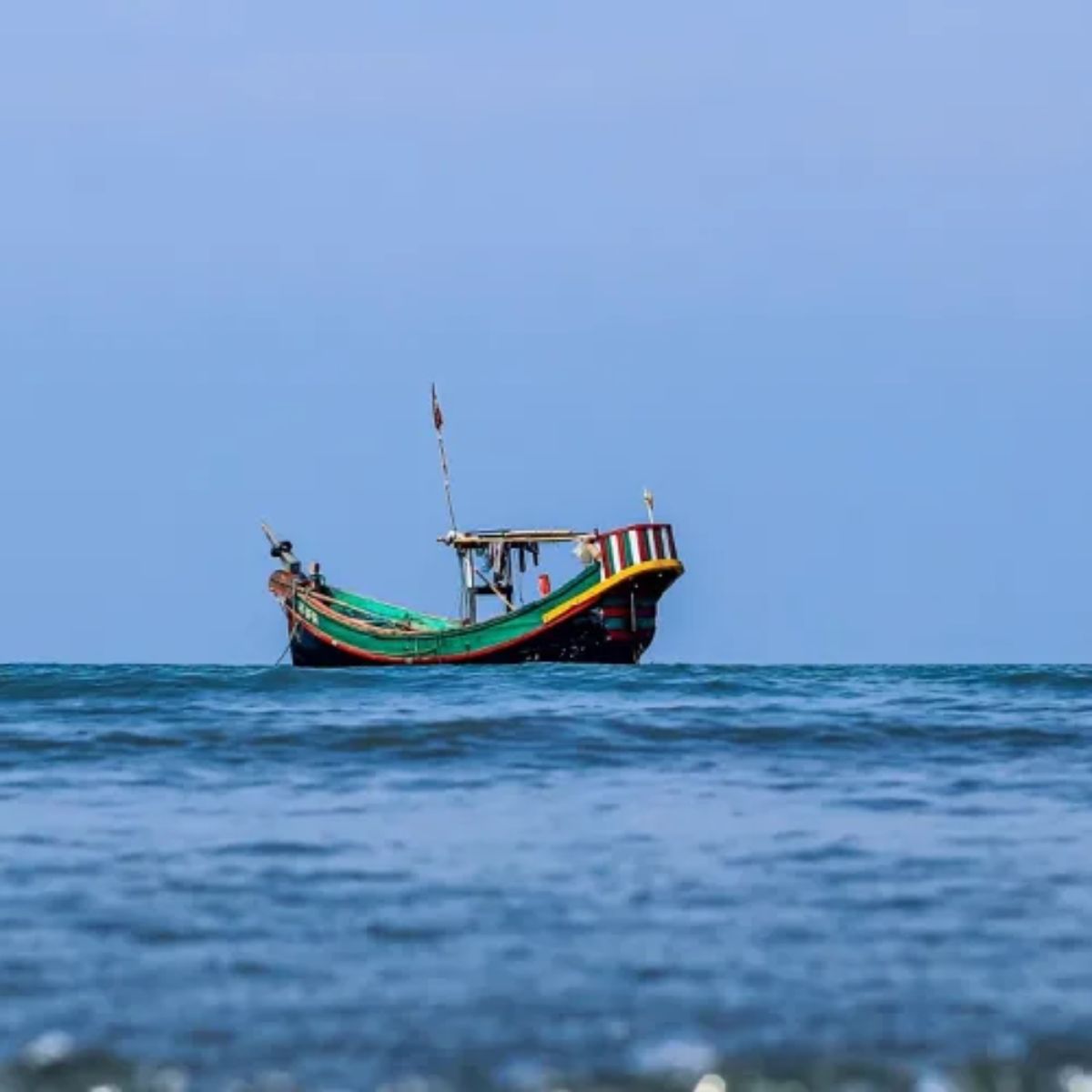Bangladesh shuts schools, cuts power in longest heatwave in decades
Source: France 24
Date: 7 Jun 2023
Bangladesh is grappling with its longest heatwave in 50 years, with temperatures reaching 40°C in Dhaka. The government has closed thousands of primary schools due to the extreme heat, and widespread power cuts have exacerbated the situation. Electricity production has been severely reduced, causing hours-long blackouts. The country’s largest power plant had to suspend operations due to a lack of coal. The depreciation of the Bangladeshi taka against the US dollar has driven up fuel import costs. Climate change has made such heatwaves 30 times more likely. Relief is expected with monsoon rains and increased power production in two weeks.
Climate and Tech investment to supercharge UK-India development partnership ahead of G20 meeting
Source: UK Government
Date: 12 Jun 2023
UK International Development Minister Andrew Mitchell is attending the G20 meeting in India to bolster UK-India collaboration on development, climate, and technology partnerships. Mitchell aims to highlight the UK’s contributions to addressing shared challenges like climate change, poverty, and food insecurity. The G20 Development Ministerial meeting is a stepping stone for advancing progress towards the Sustainable Development Goals before the G20 Leader’s Summit in New Delhi. The UK is urging increased global efforts to combat the climate crisis and support vulnerable nations. New UK initiatives in India include a £10 million investment in Avaana Fund, a women-led climate-tech fund, and a £12 million investment in Nutrifresh, an Agri-Tech startup. The UK-supported Chakr Innovation lab is pioneering eco-friendly vehicle batteries and pollution-capturing devices.
These investments promote clean energy, job creation, and economic growth while addressing climate change and supporting sustainable development. Andrew Mitchell commended India’s commitment to development and poverty reduction, highlighting the benefits of UK investments for both nations. The investments will strengthen the UK’s trade relationship in the region and align with its priorities.
5 things we can do for a healthy ocean in South Asia
Source: World Bank Blogs
Date: 8 Jun 2023
The Indian Ocean, covering nearly 20% of Earth’s surface, holds immense geopolitical, economic, and environmental significance for South Asia. Yet, it faces severe threats, including coastal habitat destruction, marine pollution, overfishing, and climate change. To safeguard this vital resource, five actions are crucial: First, we must safeguard natural coastal habitats like mangroves, coral reefs, and seagrass through effective natural resource management, restoration efforts, and coral reef rehabilitation. Second, South Asia must tackle its 334 million metric tons of solid waste, particularly plastic, which ends up in the ocean by phasing out single-use plastics, improving waste management systems, implementing regulations, and promoting behavior change.
Third, promote science-based fisheries management, monitoring, and knowledge sharing to combat overfishing and illegal practices. The World Bank supports such efforts in various South Asian countries. Fourth, combat climate change impacts on the ocean by protecting coastal mangroves and using coral reefs for natural hazard mitigation. Fifth, develop an integrated approach for sustainable ocean resource management, fostering the blue economy for economic growth, job creation, and ecosystem preservation. On World Oceans Day and beyond, collaborative efforts are needed to ensure the Indian Ocean’s health and vitality.
Share top headlines in South Asia here.



